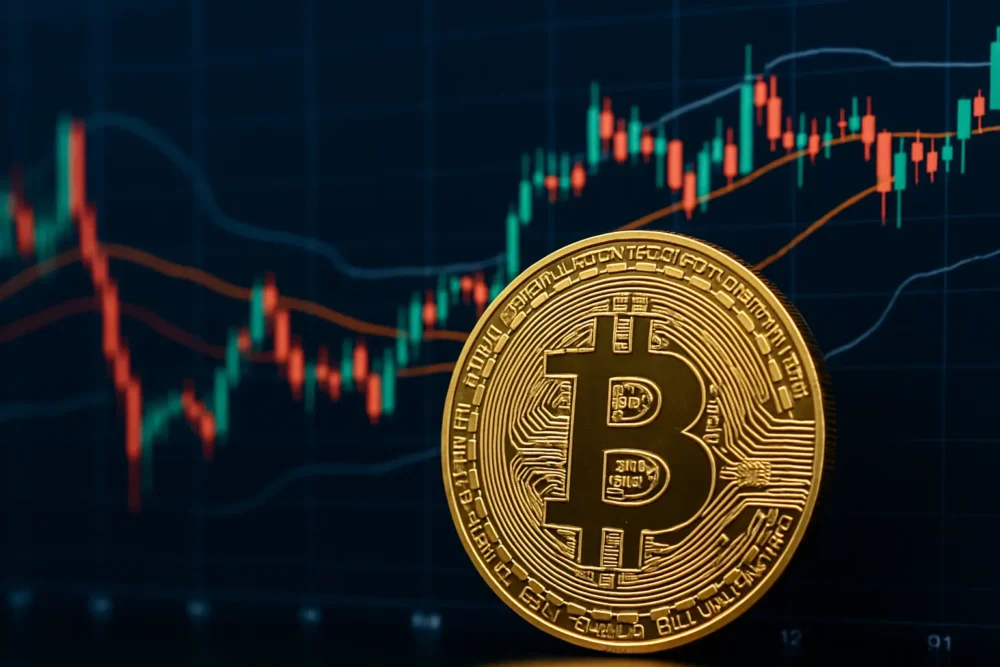Jinwook Shin, the CEO of cryptocurrency exchange Bitsonic, has been arrested, according to the South Korean publication Chosun Biz. He is currently under investigation for stealing customer funds and manipulating crypto prices.
The South Korean police arrested the CEO on 7 August, almost two years since the prosecution began investigating the case.
The prosecution said that Shin frauded the prices and trading volumes of cryptocurrencies on the Bitsonic exchange. He stole 10 billion won or roughly $7.6million via this process.
Bitsonic’s vice president is also facing trial, but not facing immediate arrest.
The allegations against Bitsonic
Between January 2019 and May 2021, Bitsonic was inflating the prices and trading volume of cryptocurrencies through a fraudulent computer system, the prosecution alleged.
Even as Bitsonic was suffering liquidity problems and was unable to meet investor withdrawals, Shin was accused of continuing to offer the exchange’s services. These problems were hidden from customers, along with the 10 billlion won that was stolen from investors.
“Shin tried to artificially increase the price of self-issued cryptocurrencies by manipulating the system computer and using cross-trading, taking advantage of the fact that he is both operating a virtual asset exchange and issuing cryptocurrencies,” the prosecution said.
The vice president of Bitsonic, referred to as Mr A, was accused of creating and running the computer programme that allowed Shin to hold the cryptocurrencies.
South Korea’s new crypto crime-fighting team
Bitsonic closed its doors in August 2021 and stated that this was due to “internal and external issues”. But the same time frame saw the South Korean police shut down 11 local crypto platforms for fraud.
South Korea has recently shown a focus to combat cryptocurrency crimes and create a more regulated landscape. In July 2023, the country announced an investigation team to fight the rise in illegal crypto crimes.
The interagency unit was said to be staffed by 30 investigators from seven different government agencies, including the National Tax Service and the Financial Supervisory service.
The team was formed to analyse market players who distribute cryptos, especially focusing on unusual trading and relevant crimes.
South Korea’s new regulation
New legislation accompanied the announcement of the investigation unit. It was a first-of-its kind law in South Korea, the country now seeing a quickly changing crypto environment.
Designed to protect customers, the newly passed law introduced prison time and fines for those involved in crypto crimes. Penalties will be assigned for individuals responsible for illegal transactions, unfair trading, and price manipulation. Bitsonic has been accused by the prosecution of being involved in many of these illegal activities.
The collapse of Terra
South Korea was thrust into the crypto limelight following the crash of TerraUSD and LUNA, which was one of the biggest scandals in crypto history. The collapse saw billions of dollars wiped from the market.
Parent company Terraform Labs was founded in Seoul by South Korean CEO Do Kwon. He was arrested earlier this year, after being found guilty of forging official documents.
Gary Gensler, chairman of the US Securities and Exchange Commission, said: “We allege that Terraform and Do Kwon failed to provide the public with full, fair, and truthful disclosure as required for a host of crypto asset securities, most notably for Luna and TerraUSD.”
Terraform Labs co-founder Daniel Shin’s trial preparations are already underway in South Korea.
Meanwhile, a date for the Bitsonic trial was not included in Chosun Biz’s reporting.


